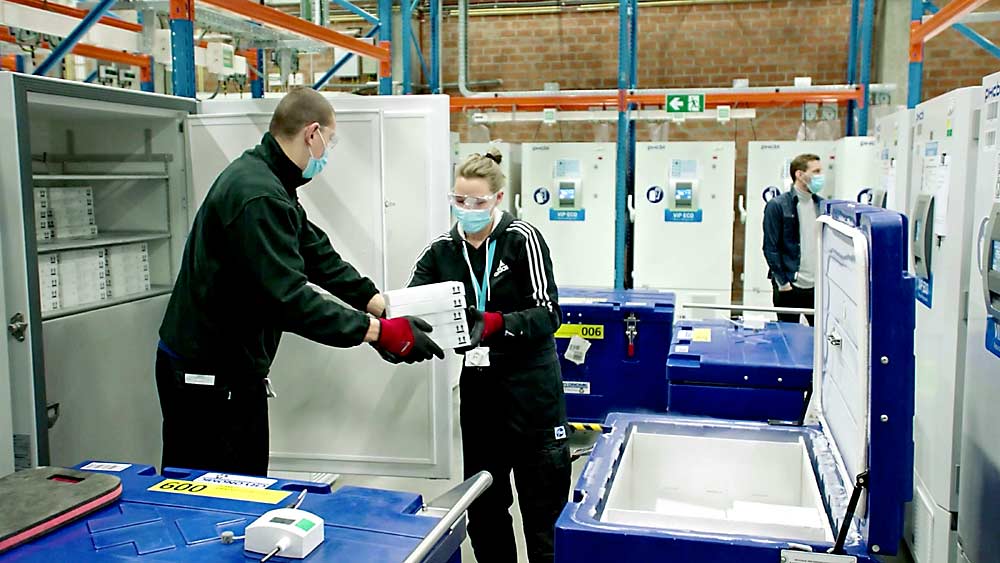
Employers may make the COVID-19 vaccination mandatory, with certain restrictions, according to updated guidance from the U.S. Equal Employment Opportunity Commission.
On Dec. 16, the EEOC updated its list of guidelines about how the coronavirus affects workplace interactions with laws regarding health privacy and disabilities.
In the document, EEOC officials said the vaccination process is not in and of itself a medical examination and therefore can be required as a condition of employment. “If a vaccine is administered to an employee by an employer for protection against contracting COVID-19, the employer is not seeking information about an individual’s impairments or current health status and, therefore, it is not a medical examination,” the guidelines said.
However, the vaccination prescreening process is likely to gather some information regarding disabilities, which carry their own legal constraints under the Americans with Disabilities Act, the guidelines continued.
For more detail on the legal restrictions, visit the EEOC guidelines at https://www.eeoc.gov/wysk/what-you-should-know-about-covid-19-and-ada-rehabilitation-act-and-other-eeo-laws.
—by Ross Courtney






Leave A Comment